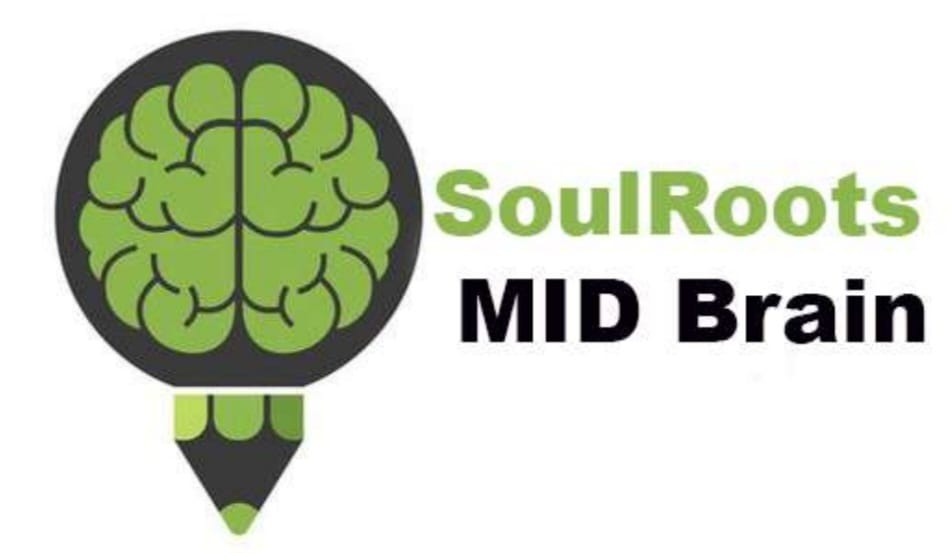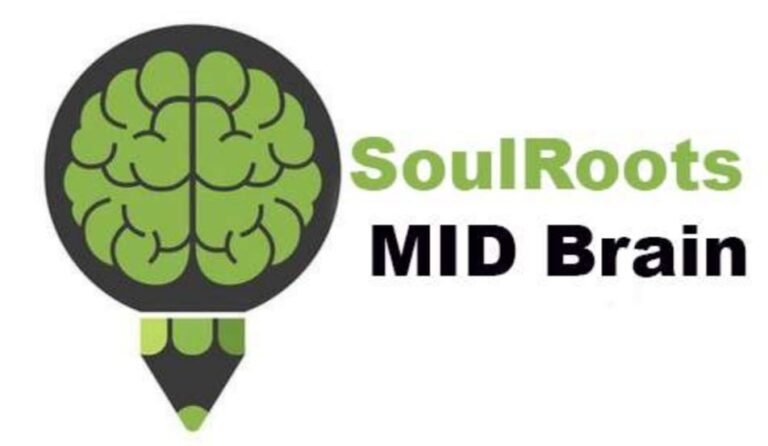Grief is something everyone deals with at some point in their life. How people feel grief can be quite different, but that’s okay. For some, grief might bring deep sadness, while others might just feel empty inside. It’s normal, and there’s no wrong way to experience these feelings.
Facing grief directly can be vital in moving toward healing. Keeping your feelings inside can lead to bigger emotional problems. Accepting that grief is part of life helps in finding relief through free online counseling and other helpful options. With this understanding, people can begin healing their hearts with loved ones’ support and professional help.
Sometimes, handling grief on your own can be challenging. Thankfully, supportive therapy offers structure that lessens the weight of grief. Through personalized therapy sessions, individuals gain tools to manage day-to-day challenges. Engaging in expressive arts or joining online groups provide healing through shared experiences and understanding professionals.
Defining Supportive Therapy for Grief
Supportive therapy for grief creates a safe space for expressing emotions. It uses listening and empathy to help people talk about their loss. Such therapy helps one heal through methods like counseling or attending workshops.
Normally, grief goes through several stages like denial, anger, and acceptance. Complicated grief is when these feelings last much longer than usual. It’s important to find help if grief feels too heavy to manage alone. Options include therapy that’s online or specifically for children.
Those looking for grief support can explore many options to find their fit. Individual therapy for grief focuses on personal feelings in private sessions. In group therapy for loss, people share with others who understand their pain. There are also online groups offering support from anywhere at any time. They bring flexibility and comfort for those who may not want to travel.
The Emotional and Physical Impact of Grief
Grief often leads to waves of emotions like deep sadness and anger. Such feelings show that you have experienced a significant loss in your life. It is crucial to recognize these emotions, which is part of healing in supportive therapy for grief.
Grief also affects the body, causing tiredness and sleep or eating changes. People may notice they feel drained, which makes daily tasks harder. Recognizing these signs stresses the need for a whole-person approach found in expressive therapies for grief.
People think that letting go means forgetting the lost one. This idea can block healing, as supportive therapy for grief teaches remembering without being stuck in the past. Grief isn’t a linear process, and it has no set timetable, which promotes self-kindness.
The Supportive Therapy Process
Therapists create a warm and accepting space for grieving people. They understand how to listen without passing judgment on anyone’s feelings. Trust and calm are important parts in this supportive therapy for grief.
Therapy begins by acknowledging the deep loss experienced by the person. Talking openly about the loss helps clients sort through their unique thoughts. Supportive therapy for grief helps unravel emotions tied to memories of loved ones.
Therapists use tools like storytelling and journaling in grief therapy. Clients share stories about their loss as part of their healing journey. Writing in a journal each day helps track emotional progress over time. This approach teaches clients how to manage feelings during their recovery.
Advantages of Engaging in Supportive Therapy
Supportive therapy for grief lets people talk openly about their feelings. Whether it is in personalized grief counseling or group sessions, participants can share. This communication is important and helps them heal.
Therapists guide individuals through the ups and downs of mourning. They assure those they help that they are not alone. Setbacks remind them that healing is not a straight path forward.
Supportive therapy teaches coping methods for everyday issues faced during grieving. These skills build strength, helping individuals deal with tough times confidently.
Demystifying Common Grief Counseling Myths
Therapy is not just for those feeling weak, as some might believe. It takes true courage to ask for help and face grief head-on. People find strength and understanding through supportive therapy for grief.
There’s a myth that discussing grief makes it worse, when it does the opposite. Talking through emotions is like opening a window to let light in. In grief and bereavement educational workshops, speaking up eases the hidden pain many carry.
“Time heals all wounds” can mislead people into thinking active support isn’t needed. Time helps, but healing requires action like supportive therapy for grief. Therapy guides and supports people toward making peace with their loss.
Determining Your Grief Therapy Needs
Grief therapy can help people of all ages and backgrounds. Older adults may need support after losing a partner or friend. Young workers might deal with their own battles when faced with loss. For children, expressing emotions without words can be easier through therapies that let them play. Each person needs different kinds of supportive therapy for grief to ease their pain. Families can join together for communal healing and supportive therapy sessions, helping each person share fear and pain together.
It’s crucial to spot signs of prolonged grief early on, as this ongoing worry can sap a person’s vitality and happiness. Therapy methods like talking through one’s story offer opportunities to safely revisit memories and start healing again. Families experiencing joint loss can find strength in numbers when gathering in supportive therapy groups for grieving families. These gatherings provide space to express emotions while fostering bonds of unity during hard times.
Every family has unique coping strategies, so counselor-led personalized grief approaches matter greatly. This helps family members address complex feelings in a safe manner that encourages trust. Kids may struggle in silence otherwise, but expressive therapies for grief engage them in art to say what words can’t convey. This open window allows children to creatively approach healing and build resilience over time, enhancing their future well-being.
How to Select the Right Therapy Option
Navigating Therapy Formats for Grief
When thinking about therapy, it’s vital to choose the right format. Free online bereavement counselling is perfect for those unable to travel or attend in person. This method provides flexible times, removing cost barriers and offering credible support. Like this, online grief support therapy gives you similar benefits of convenience and expertise. Finding online grief support groups near me also helps by connecting with peers sharing similar heartaches.
Selecting a Qualified Grief Therapist
A good therapist makes a big difference in healing from grief. Look for those with proper credentials and experience focused on grief care. Ask friends or family for recommendations; they might know reliable experts. Also, therapists holding grief support online groups attract those seeking alike healing journeys. Joining group therapy for loss creates bonds through collective understanding and shared comforts.
Setting Expectations for Initial Sessions
First meetings with your therapist build the ground for your journey. It’s important to connect with your therapist and set goals together. Be ready to discuss feelings openly and define what you wish to achieve. Participating openly in these talks boosts an encouraging atmosphere for healing. Sharing emotions enables tailored strategies fitting uniquely into personal experiences.
Maximizing the Benefits of Grief Therapy
Engaging in supportive therapy for grief calls for being honest about feelings. Discussing goals with a therapist can help make things feel manageable. Planning together helps see where progress has been made over time. Clear objectives ensure the process is steady and full of small successes.
Applying what you learn in therapy strengthens its effect in daily life. Using coping skills outside sessions helps make them second nature. Activities like keeping a journal or focusing on mindfulness can be very beneficial. Introducing positive habits into routine reinforces useful skills learned during therapy.
An informal support network is crucial alongside professional therapy. Connecting with others through grief support online groups offers genuine companionship. Shared experiences help cultivate a sense of community and understanding. Be it through online grief support circles or local group meetings, feeling supported by peers enhances healing.
Real-Life Resilience Stories & Conclusion
Inspiring Stories of Healing
Many people have found hope and renewed strength through supportive therapy for grief. Consider Sarah, a young widow, who discovered support through online grief support therapy sessions. These sessions offered her a safe place to express her feelings openly. Likewise, Raj, a father mourning his child, found resilience in group therapy for loss, where shared experiences became his source of comfort. These narratives reveal how therapy serves as a vital step in rebuilding life after loss.
Conclusion: Embrace the Journey
Understanding the deep impact of grief highlights why therapy is so essential. It’s about recognizing emotions and willingly seeking support. Turning to free online bereavement counselling shows the courage to look forward. Steps taken towards help inspire hope and make healing possible. Stories of recovery invite others to discover varied therapy options, proving that healing is within reach.
Your Path to Healing
This journey shows strength in taking active steps for recovery. Knowing about expressive therapies for grief and other aids opens new paths. From child bereavement therapy to joining support forums, exploring these routes can lead to transformation. Readers should access these resources actively, making mental peace a reality. With shared effort, recovery becomes achievable together.
At Soul Roots, we walk with you through every step of your grief journey. Explore our compassionate therapy options—personalized counseling, group support, and online healing spaces designed to nurture your soul. You’re never alone in this. Connect with us today and begin embracing hope, healing, and peace.



